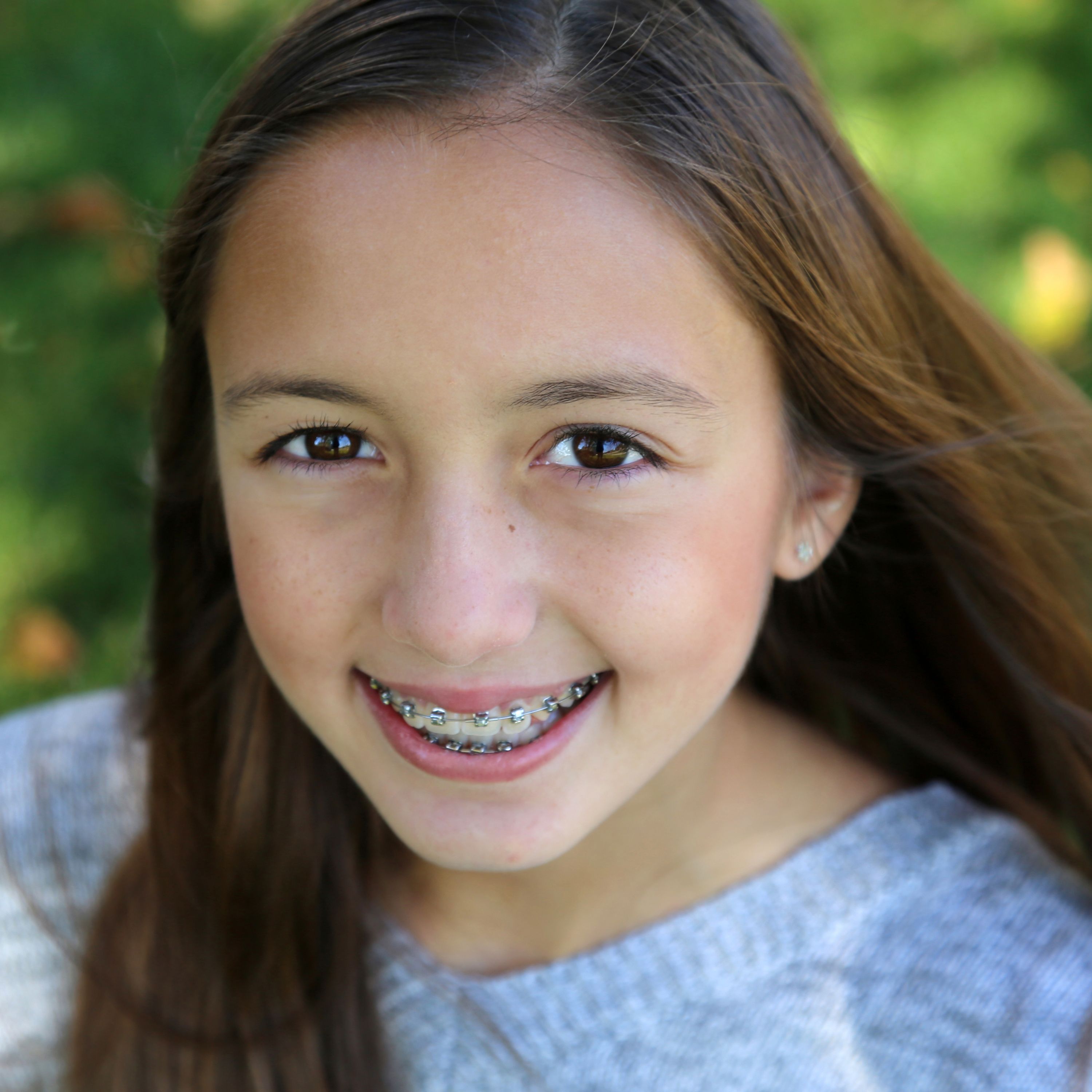Best Age for Orthodontic Braces
 Straight teeth enhance your appearance, and they also help you maintain optimal oral health and function. Orthodontics are advantageous at any age. However, when treatment is completed early on, it offers patients a lifetime of oral health benefits. What is the best age for orthodontic braces? How do you know if your child needs orthodontic treatment? Here, Dr. Nathanial Podilsky and our Edmonton, AB, dental team discuss this topic and explain what you should know about braces for kids.
Straight teeth enhance your appearance, and they also help you maintain optimal oral health and function. Orthodontics are advantageous at any age. However, when treatment is completed early on, it offers patients a lifetime of oral health benefits. What is the best age for orthodontic braces? How do you know if your child needs orthodontic treatment? Here, Dr. Nathanial Podilsky and our Edmonton, AB, dental team discuss this topic and explain what you should know about braces for kids.
First Orthodontic Screening
According to the American Association of Orthodontists, parents should bring their child in for their first orthodontic screening at age seven. Often, treatment is not required until later on, but this gives the dentist a chance to detect any potential issues and determine an appropriate plan. During this consultation, your doctor will assess your child’s teeth, gums, jaw joints, and other orofacial structures and offer recommendations.
Phase I vs. Phase II Treatment
Most children begin orthodontic treatment around the age of 11 or 12. There are some instances, however, when earlier treatment is recommended. Phase I orthodontics (also referred to as early intervention) is necessary when complex issues are present, such as overbites, crossbites, and other skeletal problems. Between the ages of six and ten, facial bones are still developing. As a result, skeletal issues are easier to address. If complex conditions are not treated at a young age, they may require more extensive treatment later on, such as oral surgery.
Phase II treatment is what most individuals typically think of when discussing braces for kids. Once the permanent teeth have grown in, around age 11 or 12, full braces are placed.
Your child’s orthodontic treatment will depend on the complexity of the bite and misalignment. During a consultation at our Edmonton practice, Dr. Podilsky can help you determine which option is best.
Braces for Kids vs. Braces for Adults
Technically speaking, braces are essentially the same no matter what the age. Because each individual is unique, every treatment plan is customized to fit the needs of the patient.
There are a few notable differences from a psychological standpoint. For example, many younger patients view braces as a right of passage. Older teens and adults may not be excited about the appearance of braces, but they look forward to the beautiful smile they will have once treatment is complete.
Signs Your Child May Need Orthodontics
There are several things that can indicate your child will need braces. Here are just a few things to look for:
- Baby teeth that fall out too soon or too late
- Biting or chewing difficulties
- Thumb or finger sucking
- Popping or clicking when opening the mouth
- Mouth breathing
- Teeth that do not meet when in a closed position
- Disproportionate teeth and jaws
- Biting the cheeks or palate
If you notice any of the above warning signs, schedule a visit with your dentist. These factors could indicate that your child needs orthodontic treatment.
Schedule an Orthodontic Consultation Today
When it comes to treating malocclusion, earlier is better. To schedule an orthodontic consultation for your child, contact our Edmonton practice online or give us a call at (780) 428-6846.


